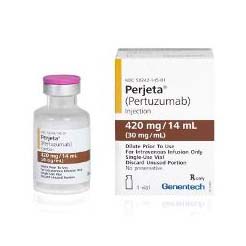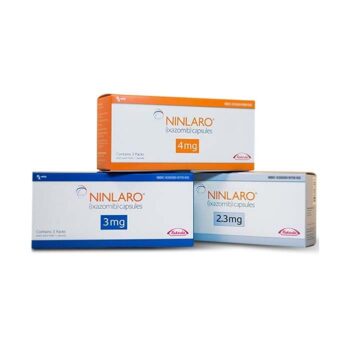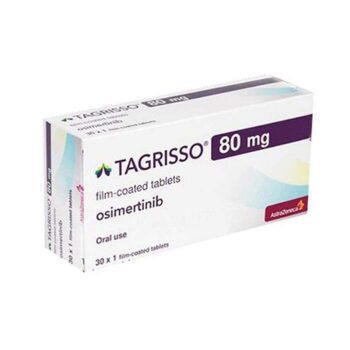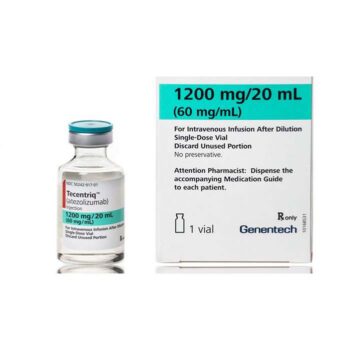Breast cancer is one of the most prevalent and life-threatening forms of cancer that affects millions of women worldwide. The quest for effective and innovative treatments has been ongoing for decades. Among the remarkable breakthroughs in breast cancer therapy, Perjeta (Pertuzumab) has emerged as a beacon of hope, offering new possibilities for patients and their healthcare providers.
Introduction to Perjeta
Perjeta, also known by its generic name Pertuzumab, is a monoclonal antibody drug developed by Genentech, a member of the Roche Group. It was approved by the United States Food and Drug Administration (FDA) in 2012, marking a significant milestone in the treatment of HER2-positive breast cancer, a particularly aggressive and fast-growing form of the disease. Perjeta is often used in combination with other medications, most notably Herceptin (Trastuzumab), and chemotherapy agents like docetaxel.
Mechanism of Action
Perjeta operates on the front lines of the battle against HER2-positive breast cancer. This specific subtype of breast cancer is characterized by an overexpression of the HER2 protein, which drives the growth and spread of cancer cells. Perjeta’s mechanism of action is designed to target this overexpression and disrupt the signals that fuel tumor growth.
Perjeta binds to a specific domain of the HER2 receptor, different from the binding site of Herceptin. By doing so, it prevents HER2 from forming dimers with other HER family receptors (like HER1, HER3, and HER4). These dimers are essential for transmitting growth signals to cancer cells. In essence, Perjeta acts as a blockade, preventing the formation of these signaling complexes, thus impeding the proliferation of cancer cells.
Clinical Applications
Perjeta has shown remarkable efficacy in the treatment of HER2-positive breast cancer, both in the neoadjuvant (before surgery) and metastatic settings. Its clinical applications can be summarized as follows:
- Neoadjuvant Therapy: In the neoadjuvant setting, Perjeta is commonly used in combination with Herceptin and chemotherapy to shrink tumors before surgery. This approach can make surgical resection more feasible and increase the chances of breast-conserving surgery.
- Adjuvant Therapy: Following surgery, Perjeta is also employed as an adjuvant therapy to reduce the risk of recurrence in patients with early-stage HER2-positive breast cancer. It plays a crucial role in preventing the cancer from returning.
- Metastatic Breast Cancer: In cases where breast cancer has already spread to other parts of the body (metastatic breast cancer), Perjeta, in conjunction with Herceptin and chemotherapy, provides a powerful treatment option. It can help control the progression of the disease and improve overall survival rates.
Clinical Trials and Efficacy
The approval of Perjeta was based on compelling evidence from clinical trials. Notable among these trials is the CLEOPATRA study, which demonstrated the significant benefits of adding Perjeta to standard HER2-targeted therapy. In this trial, patients who received Perjeta, Herceptin, and chemotherapy had significantly prolonged progression-free survival compared to those who received only Herceptin and chemotherapy.
Moreover, the APHINITY trial assessed the use of Perjeta in the adjuvant setting. It revealed a reduced risk of disease recurrence when Perjeta was added to the standard treatment regimen, reinforcing its importance in preventing breast cancer recurrence.
Safety Profile
While Perjeta has demonstrated remarkable efficacy, it is essential to consider its safety profile. Like many medications, it can have side effects. Common side effects of Perjeta include diarrhea, nausea, fatigue, and rash. However, these side effects are typically manageable, and healthcare providers can provide supportive care to mitigate discomfort.
Notably, Perjeta is generally well-tolerated, with serious adverse events being relatively rare. The benefits of Perjeta in controlling the aggressive nature of HER2-positive breast cancer often outweigh the potential side effects, making it an invaluable addition to the treatment arsenal.
Impact on Patients’ Lives
The introduction of Perjeta has transformed the landscape of breast cancer treatment. For HER2-positive breast cancer patients, Perjeta represents a beacon of hope and a chance for a better quality of life. Its effectiveness in shrinking tumors, preventing recurrence, and extending survival has provided a lifeline for many individuals and their families.
Patients who have undergone neoadjuvant therapy with Perjeta often experience less invasive surgeries, which can significantly improve their physical and emotional well-being. Additionally, for those with metastatic breast cancer, Perjeta can offer precious extra time and improved symptom management, allowing them to cherish meaningful moments with loved ones.
Conclusion
In the fight against breast cancer, Perjeta (Pertuzumab) stands as a remarkable testament to the progress of medical science. Its innovative mechanism of action, supported by rigorous clinical trials, has reshaped the treatment landscape for HER2-positive breast cancer. By inhibiting the overexpression of the HER2 protein, Perjeta offers new hope and improved outcomes for patients in various stages of the disease.
As research continues to advance, Perjeta’s role in breast cancer treatment may continue to evolve, potentially extending its benefits to even more patients. With its remarkable efficacy and relatively manageable side effects, Perjeta has undoubtedly earned its place as a vital tool in the fight against breast cancer, offering a brighter future for those who need it most.










Reviews
There are no reviews yet.